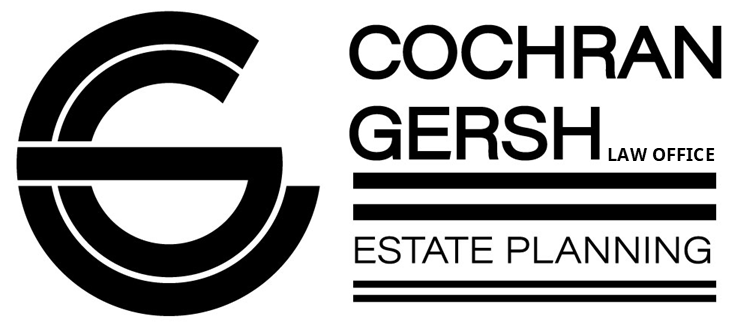Triggers And Valuation Methods
Clarity on when and how you price the deal
We define triggers-death, disability, retirement, divorce, deadlock-and pick pricing: fixed price with updates, formula (EBITDA multiple), or independent appraisal. The method should match your industry and lender expectations.
Funding Options Owners Actually Use
Insurance, cash flow, or a blend
Life and disability buy-out insurance, sinking funds, installment notes, or a line of credit can finance the purchase. We coordinate with your advisor so premiums and cash needs don't starve operations along Bardstown Road or in Prospect.
Alignment With Personal Estate Plans
Company agreements that match family goals
We sync the buy-sell with wills, beneficiary designations, and any revocable living trust so ownership passes smoothly and taxes are anticipated.
Family Businesses And Fairness
Active vs. non-active heirs without resentment
When one child runs the company and others do not, we use voting rights, staged redemptions, or life insurance to keep control stable and inheritances fair-documented in both the buy-sell and family business succession plans.
Answers To Buy-Sell Questions
Five owner questions, answered
Which is better: cross-purchase or redemption?
Cross-purchase can deliver basis step-up to buyers; redemption is simpler for many-owner companies. We'll model both with your CPA.
How often should we update the price?
At least annually or after major events. A stale price causes fights; a current one speeds closings.
Can disability trigger a buyout?
Yes-define waiting periods and proof standards up front to avoid disputes when health events happen.
What if a bank won't lend for the buyout?
Blend insurance, installments, and collateral planning so the deal still works.
How does the buy-sell interact with my trust?
The agreement controls company transfers; your revocable living trust controls personal assets. We align both so signatures and timing match.

